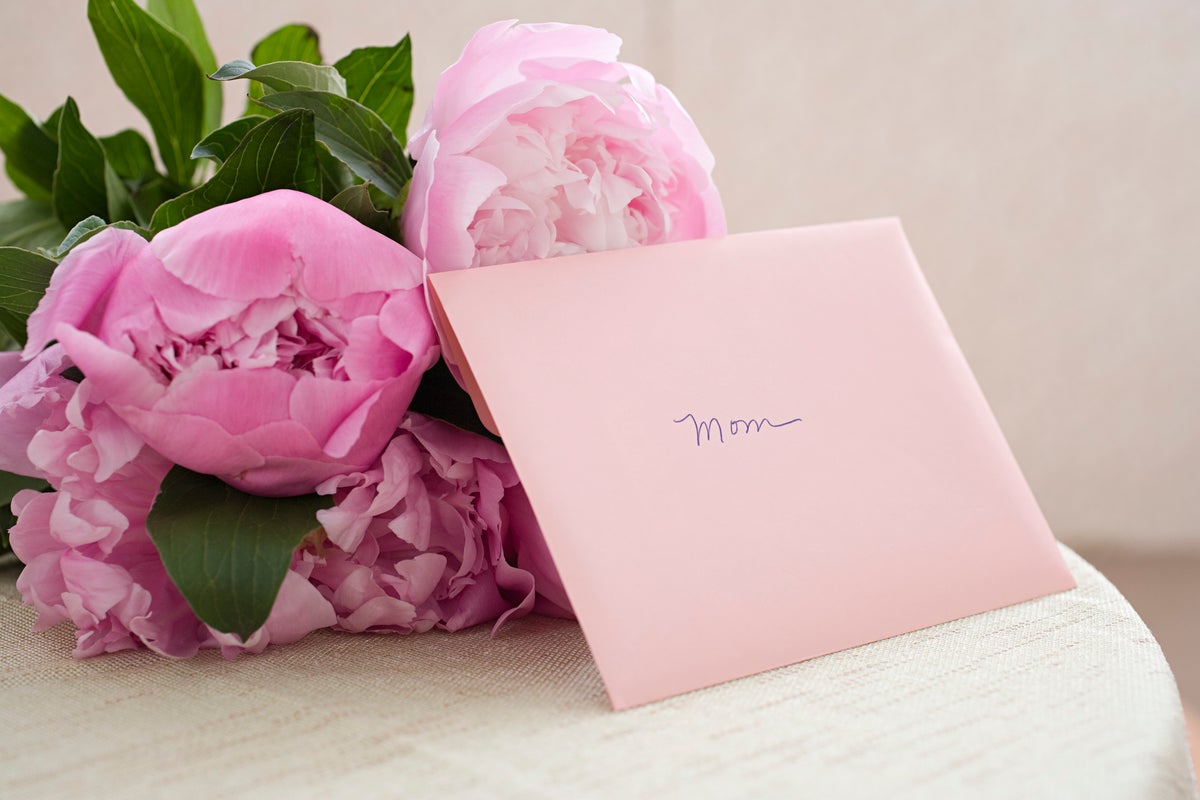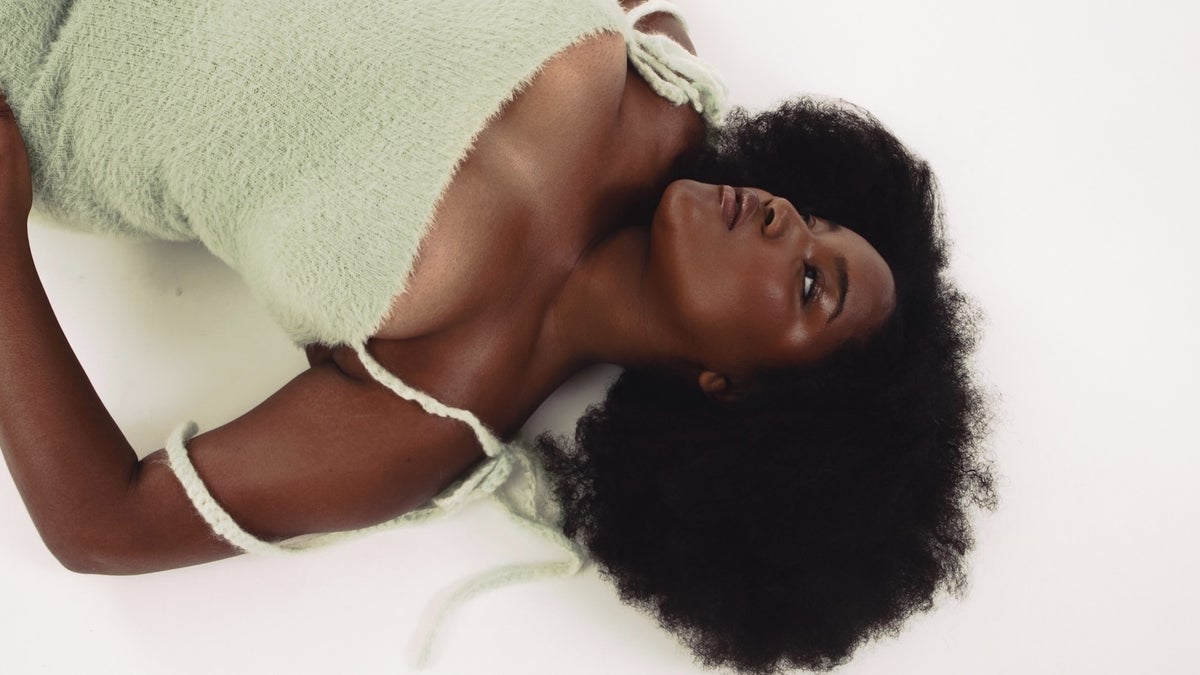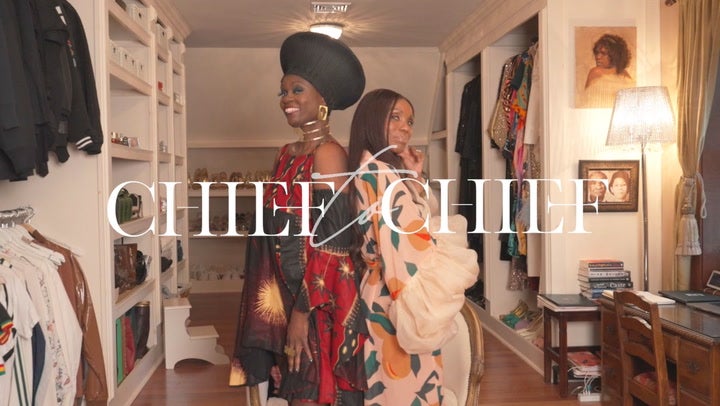
As an NBA champion, the game of basketball has taken Giannis Antetokounmpo all around the globe, not only in terms of physical presence but also in regards to influence. But out of all the places that the superstar athlete has touched down in, there was one locale that was calling him, a country that he’d never been: Nigeria.
While the world knows Antetokounmpo for his Greek nationality, popularly touted as the “Greek Freak,” a nickname he’s embraced, those closest to him call him “Ugo.” It’s the star’s Nigerian name, as he’s the son of parents Charles and Veronica Adetokunbo. They immigrated from Lagos to Athens, having to change their surname to Antetokounmpo in the process, and there, the star and three of his four brothers were born.
Since then, the Greek-Nigerian has accomplished plenty, going from playing in youth clubs in Athens to being drafted into the NBA, becoming a champion in 2021 and being named one of the league’s greatest players of all time as part of the NBA 75th Anniversary Team. But in all those years, his 29 years specifically, he’d never been home home.
So this past summer, after missing out on the chance to visit Nigeria in 2020 due to the pandemic, Antetokounmpo and his mom, Vera, made the trek to his father’s land. For his first trip to Lagos, the star was also accompanied by a film crew, including director Rick Famuyiwa, himself the son of Nigerian immigrants, to capture the experience for a new documentary done with WhatsApp, with whom Antetokounmpo has a partnership.
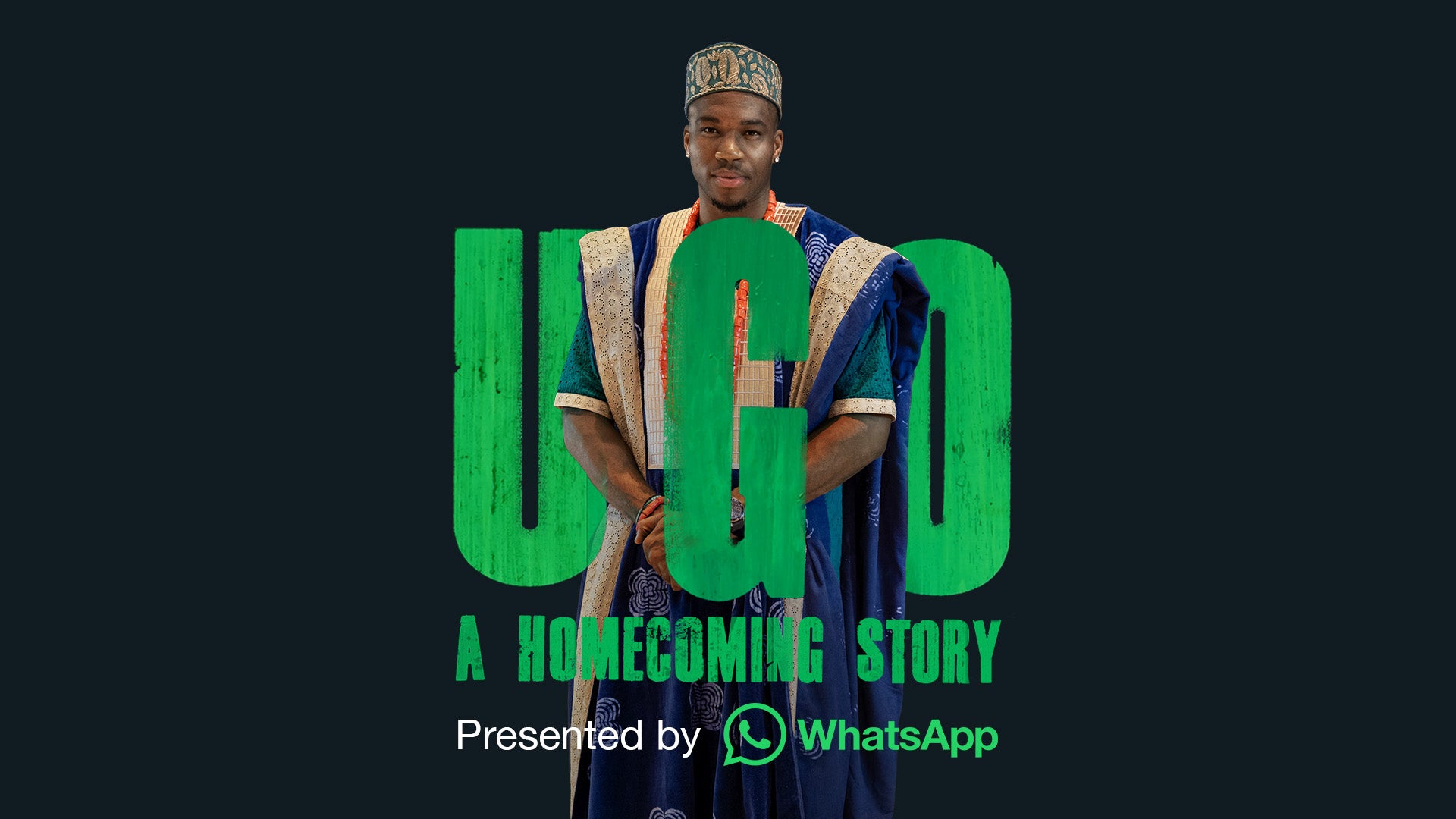
“It was really, really special, to be able to show the world that at the end of the day, while everybody knows me as Giannis Antetokounmpo, the ‘Greek Freak,’ etcetera, etcetera, understand that my parents came from Nigeria,” he tells ESSENCE. “All of our story started in Nigeria.”
Titled Ugo, the film follows Antetokounmpo on this homecoming as he meets with locals and creatives, bonds with family, and connects with the culture and people who have helped shape the man he is today.
“It was a great and humbling experience for me,” he says. “I had the opportunity to go a couple places and interact with the people, and talk to kids. I was like, yeah, now I know why I operate the way I operate. Now I know who I am, the way I am, because I’m just like one of them.”
Ugo depicts these moments beautifully, from him watching in awe as young Lagosians surf to getting all dressed up in an ensemble, agbada included, that shows respect to both his mother’s Igbo and late father’s Yoruba tribal roots. The joy and curiosity with which the star takes in this new but very familiar setting, is the same way the viewer gets to experience his very special trip. He says it won’t be his last.
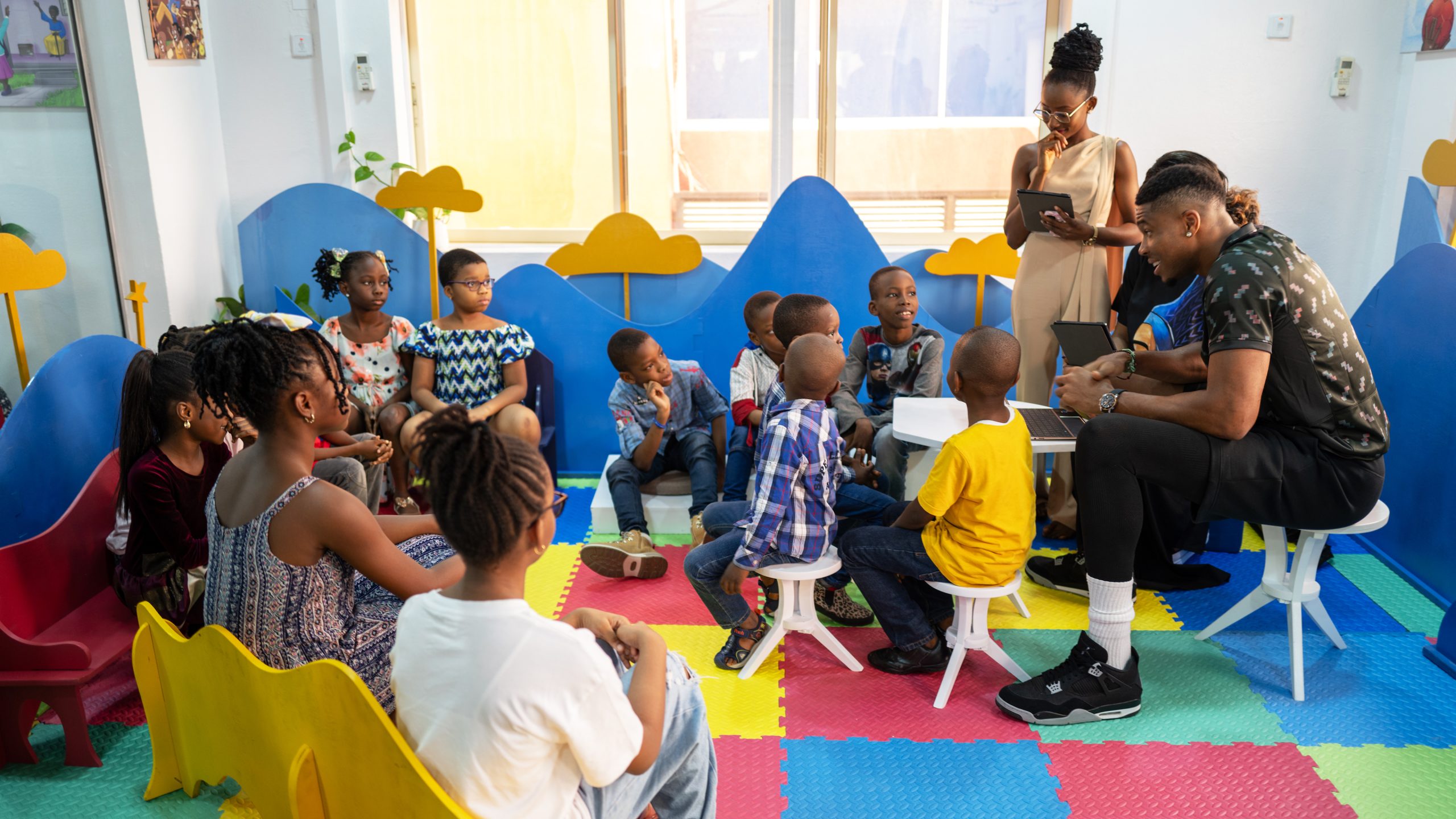
“It’s going to be an annual thing now,” he says. “My kids are young, maybe they won’t be able to make the trip to understand where we’re from, and for them to be able to ask the right questions, but I’m going again. I want to take my wife there. And as my kids get older, I want to take my kids there too.”
He adds, “I want them to understand what sacrifice my parents made in order for us to be able to do what we do, live our dream, and be in the position that we are today.”
Antetokounmpo spoke candidly with ESSENCE about Ugo, balancing his Greek and Nigerian identities, and what took him so long to make it back home.
ESSENCE: Why was it important for you to team up with WhatsApp do this documentary, especially as someone who’s been in the public eye with such a focus on your nationality and being Greek?
Giannis Antetokounmpo: I think, first of all, it was a great experience to be able to go back home and being able to team up with WhatsApp to make that happen. To be able to go back home and experience that with my mom and with my friends and to be able to meet my family members for the first time ever was a great experience. I think it was something that the world will want to see.
I have to ask, have you ever, on your social media, seen the conversations that are had between your Nigerian fans, and then your Greek fans who are like, “He’s Greek! No, he’s Nigerian!” Have you run across those back and forths?
Yeah, I have. I try to stay away from social media, but nowadays, it’s hard to do that. But yeah, you don’t need to go to social media to see that. I interact with a lot of people when I play games and you see the Greek flag and sometimes you see the Nigerian flag.
I understand where I come from. I understand that I have the Greek education, the Greek culture in me. I was born in Greece and everything, but going back to Nigeria, it felt right. I don’t know how to explain it. I was able to get caught up in the rhythm of the way that people operate there. I’ve seen the conversation. I try not to pay too much attention. But for all those people, you can be both.
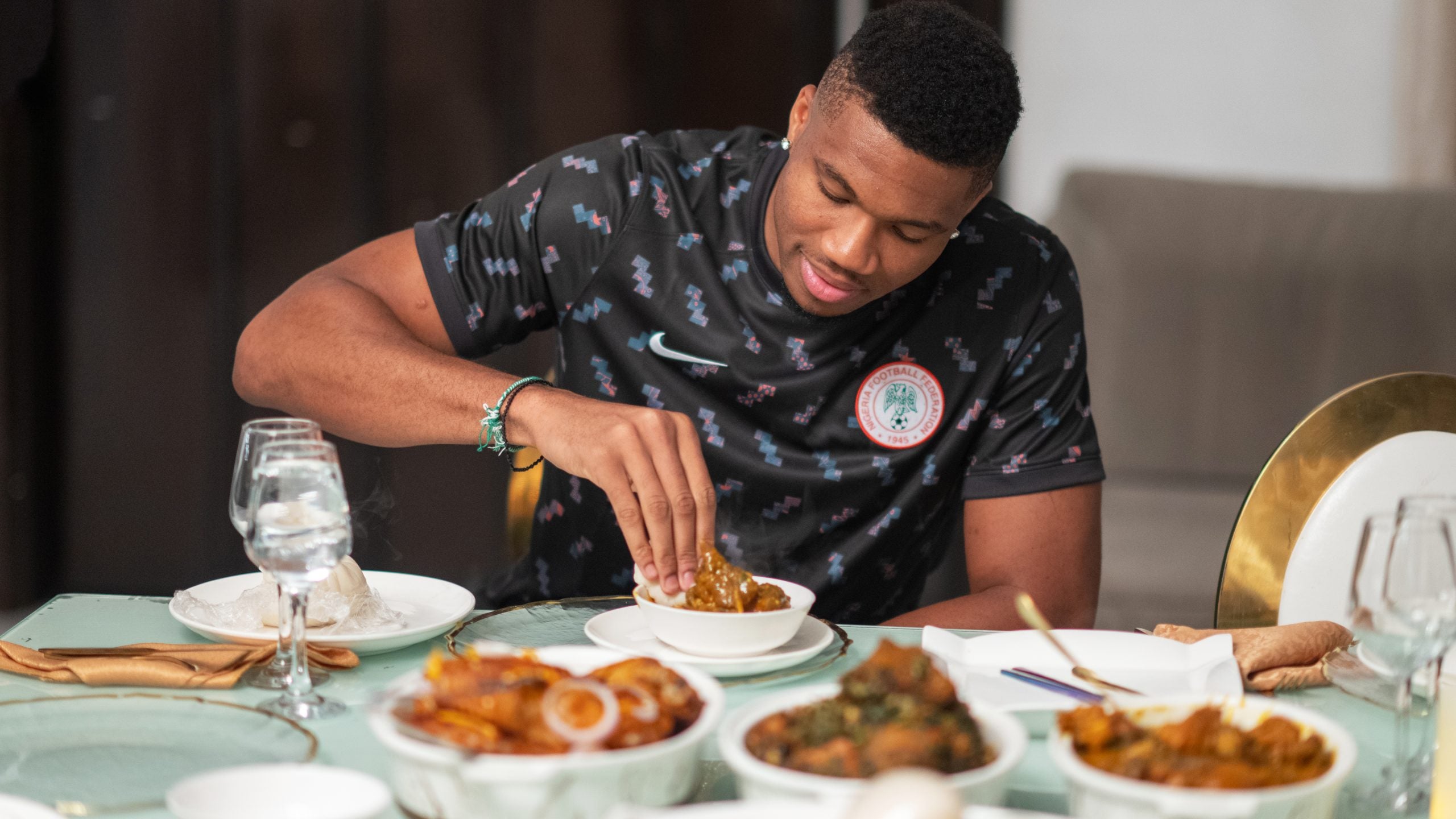
Definitely. And as you mentioned, growing up in Greece, in the documentary you said once you would open the door to your home, you were in a Nigerian home. And so I wanted to ask you, how did that exposure to your culture so thoroughly contribute to the comfort that you felt and the ease that you had once you arrived in Lagos?
I’m not even going to lie, because this was my first time going there. My mom wanted me to go with her. She didn’t want me to go alone and I was kind of nervous. I didn’t know what to expect. I didn’t know if the people were going to welcome me. I was nervous. I’ve said a lot of time, I grew up under the Nigerian culture.
To this day, after games, I eat my mom’s food and all that, growing up, listening to music. And my dad following politics and all that, and always keeping in touch with my family in Nigeria. It was always a Nigerian household.
When I left the house, I went to school and it was Greek. It was majority Greeks. Basically everybody was Greek, except me and my brothers. But going to Nigeria, I was there. I was definitely nervous, but once I got to the airport and I just saw most of the people act like me, talk like me, walk like me, have the same swag, have the same energy as me, I just fit in immediately.
Speaking about being nervous, you mentioned that WhatsApp allowed you to be connected to family over there, but then you were nervous to meet them in person. I think people might look at you and assume you’re this huge public figure, you’re Giannis, why would you be nervous to meet anybody? You’re a larger-than-life personality! Can you speak to that?
First of all, people make you feel like you’re larger than life. That’s what people don’t understand. Obviously there’s a lot of celebrities in this business and a lot of people. I don’t try to say that I’m a celebrity, but they may think that I’m larger than life. But in my case, I don’t think it has ever been like that. It has never been the case.
Since I was a kid, I was always shy. I was always close to myself, even with my family. And it’s always been like that. Just because I’m good at basketball, that doesn’t make me outgoing and cool and…I don’t know. And when you’re in this position, that doesn’t mean everybody likes you.
There’s some fans that don’t like you and there’s some fans that support you. There’s some family members that love you and there’s some family members thinking that you’re dust. But just going back for me, they’ve never seen me. They have only talked to me on the phone. They don’t know how tall I am. They’ve never felt my energy. But I think one of the best experiences that I had was with my mom. I think my mom went there a week or two weeks before with my older brother.
And also, the last time she went there was for few days in 2016, and before that, it was like 30 something years ago, and she hasn’t really seen her family. But the moment they came in, we connected. My uncle was right there singing for me. My aunt right there was praying for me. My cousin looked like me.
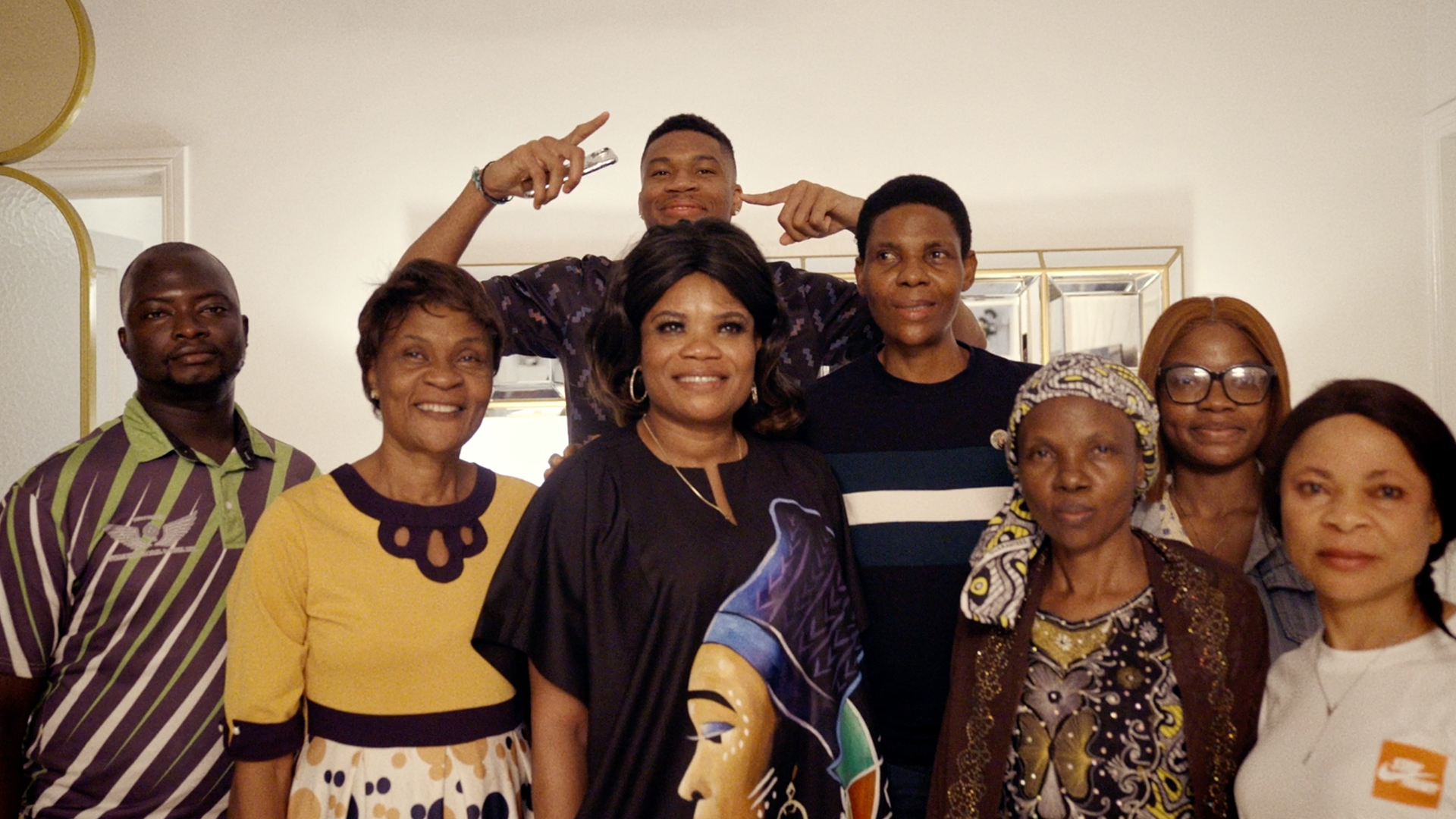
We started playing music, we started dancing, we started eating. After that, they came to the hotel with us, we went out and sat down and talked for hours. I felt the safety that I feel with my brothers when I don’t see them for a while, because we all are busy with our professions.
We live in different countries, but no matter, every time in the off-season, we immediately connect. It doesn’t matter if we haven’t seen one another for six months. And for my mom, it did not matter that she hadn’t seen her sister or some of her brothers for 30 years. Immediately they connected. They were competitive with one another saying, “No, I was faster when I was younger. I was the cute one when we were in high school.”
And I’m like, okay, now I see why I am the way I am with my brothers. So it was a great event. I could not wish for a better first-time experience, and I’m happy that WhatsApp was able to team up with me and make that happen. So it was great.
And if you don’t mind me asking, I know you mentioned the joy of getting to watch your mom reunite with her siblings, and then they just go right back into the flow of being like, I was faster than you. I was the dancer. I was this… I also wonder for you what it was like to have this experience with your dad not being present?
Yeah, that’s hard. Well, I always say that he’s watching us. And he’s extremely proud of us, and everything that we’ve accomplished. But not just me, anybody will want to have their dad there and be able to tell him like, okay, “I did this here. I learned how to swim here. I went on of my first date here. This is where I played soccer. This is where I got my first job. This is where I met your mom.”
But I know he’s extremely proud that I was able to make this trip, and meet family members and take care of people, and just go back to see where he came from. Where we all actually came from.
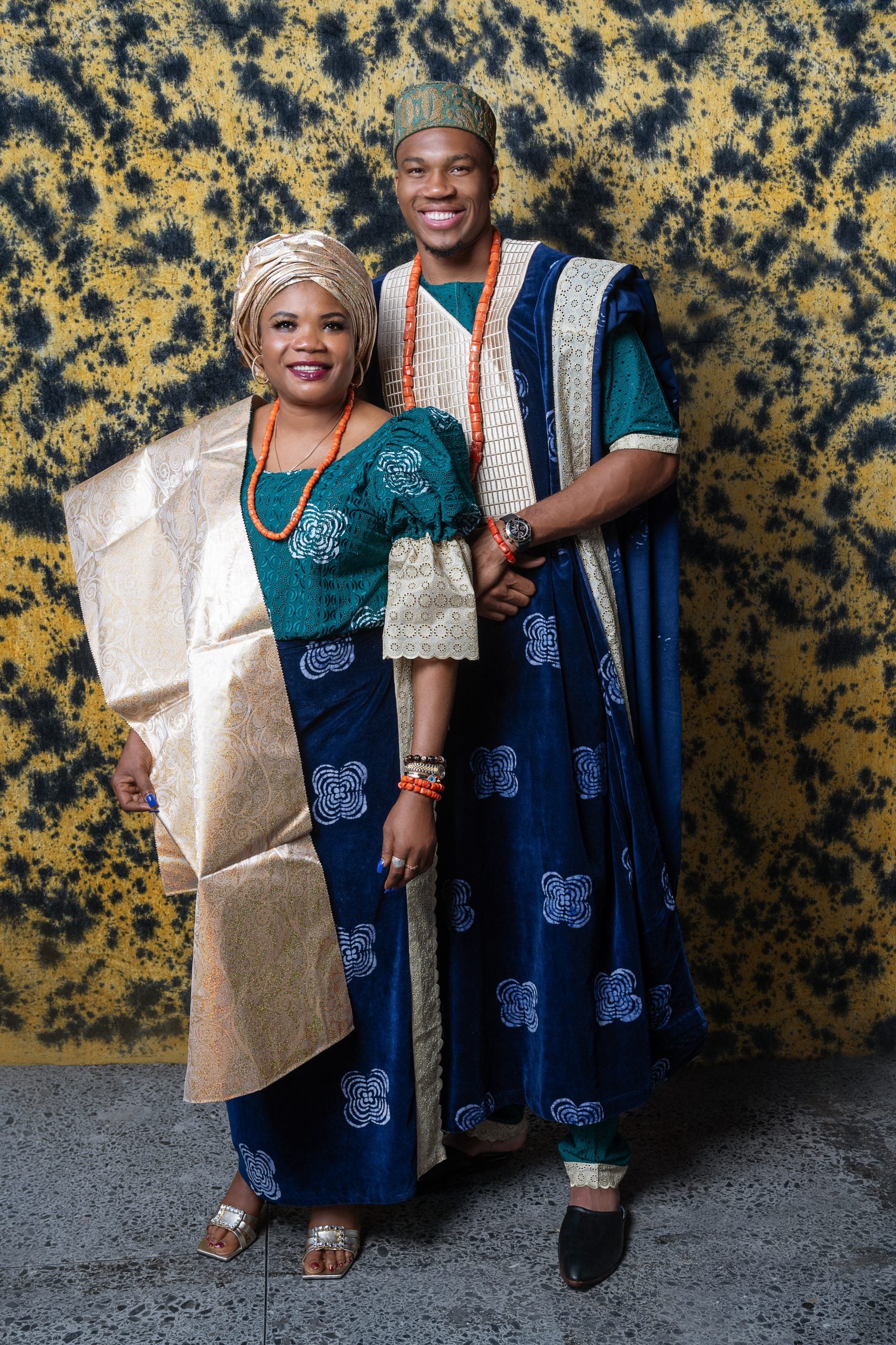
And lastly, what do you want people to take from Ugo, from seeing your story, from seeing this new or different side of your life?
That’s a good question. I think, appreciate that you can be both. You can be both. I think for me, it was a very, very, very humbling experience. And I’m really not a person who shares a lot of my private moments and things I do, but I think that was, as I said, worth sharing.
And I think a lot of people can see and relate, to go back and figure out where they came from. To see my parents, what they had to go through for me to be able to be here in the position that I am today, talking to you on the phone, being able to play an NBA game. Somebody had to do something in order for me to have the opportunity, have the chance to do that.
I don’t know. I’m a historian. I always like to go back and try to figure things out in the best of my ability, and connect the puzzle pieces. And if there’s people out there like that, I think they’ll appreciate this documentary.
Ugo: A Homecoming Story is now available to watch on the WhatsApp YouTube page and Prime Video.



